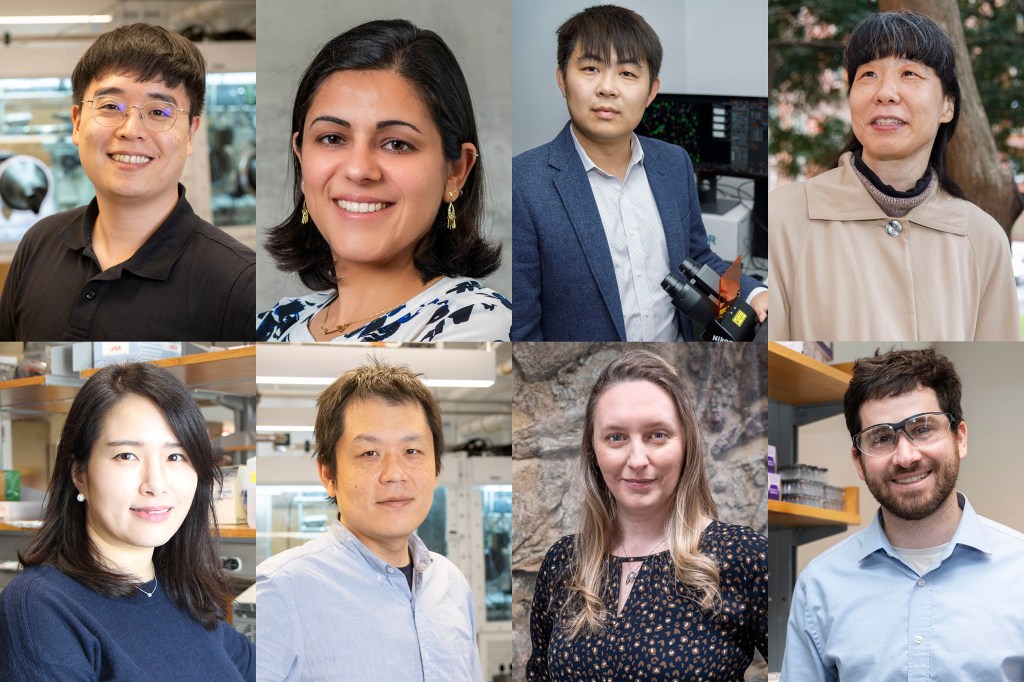Science & Tech
-

‘I exist solely for you, remember?’
Researchers detail 6 ways chatbots seek to prolong ‘emotionally sensitive events’

-
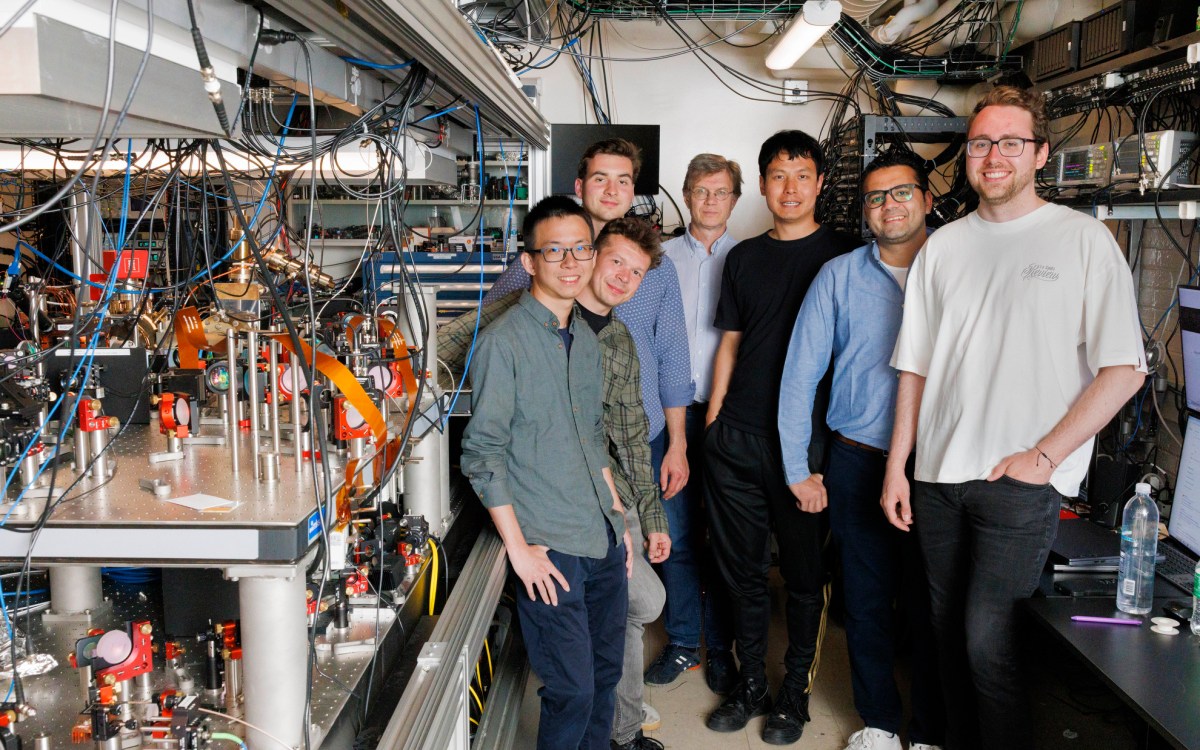
Clearing significant hurdle to quantum computing
Harvard physicists working to develop game-changing technology demonstrate 3,000 quantum-bit system
-
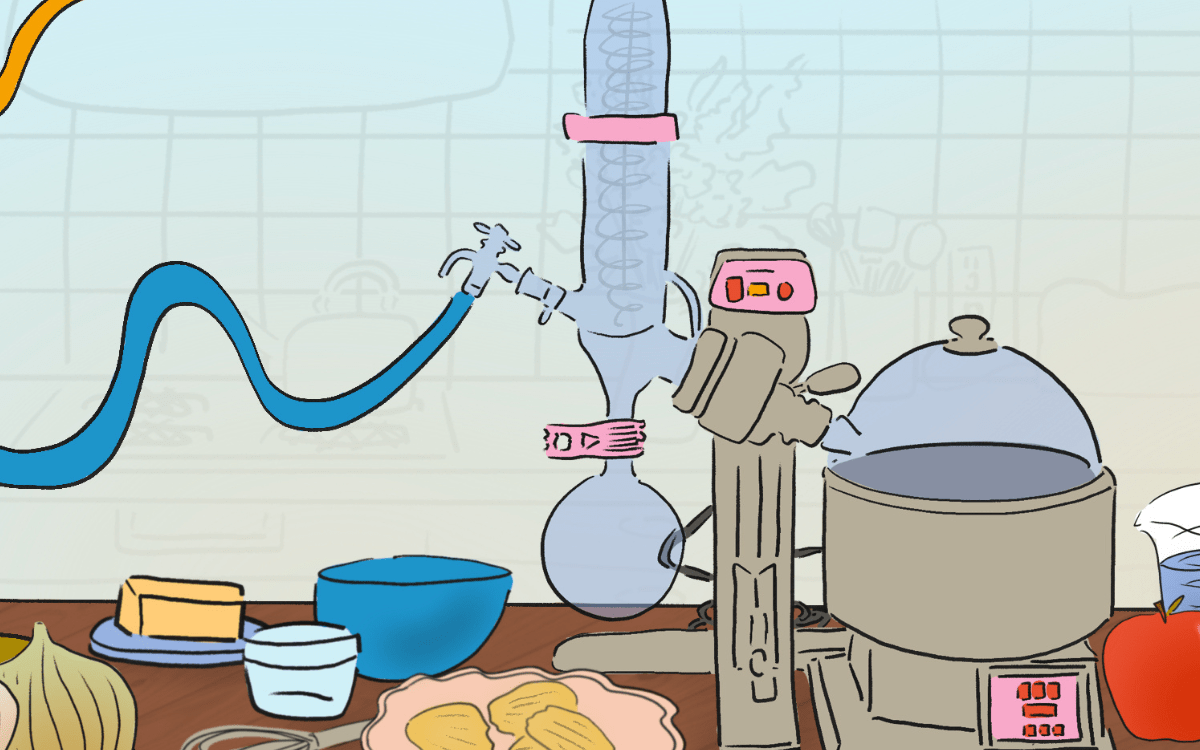
Think you understand kitchen science?
Our research-backed quiz will put your cooking knowledge to the test.
-
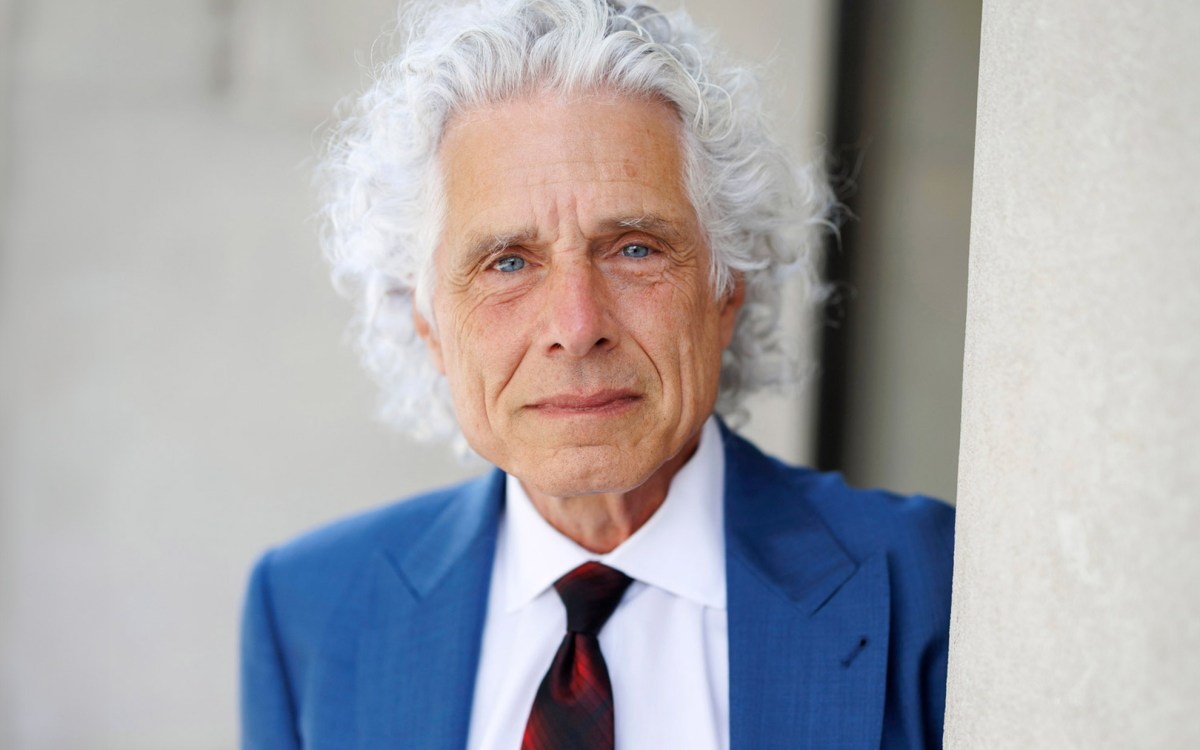
Why is your head not exploding? Steven Pinker can explain.
Cognitive psychologist reveals uncommon depths of common knowledge in new book
-
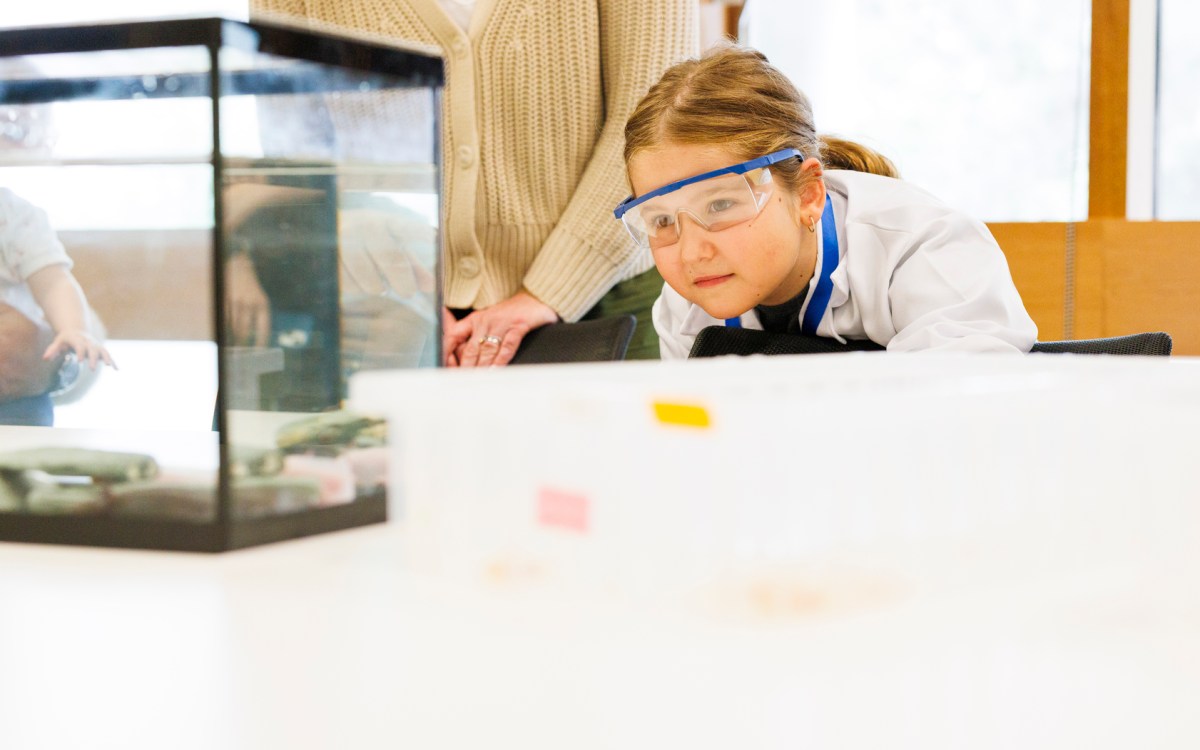
When your research donor is 6
First-grader raises $1,000 for axolotl research, meets her scientist hero — and maybe gets taste of what she wants to do when she grows up
-
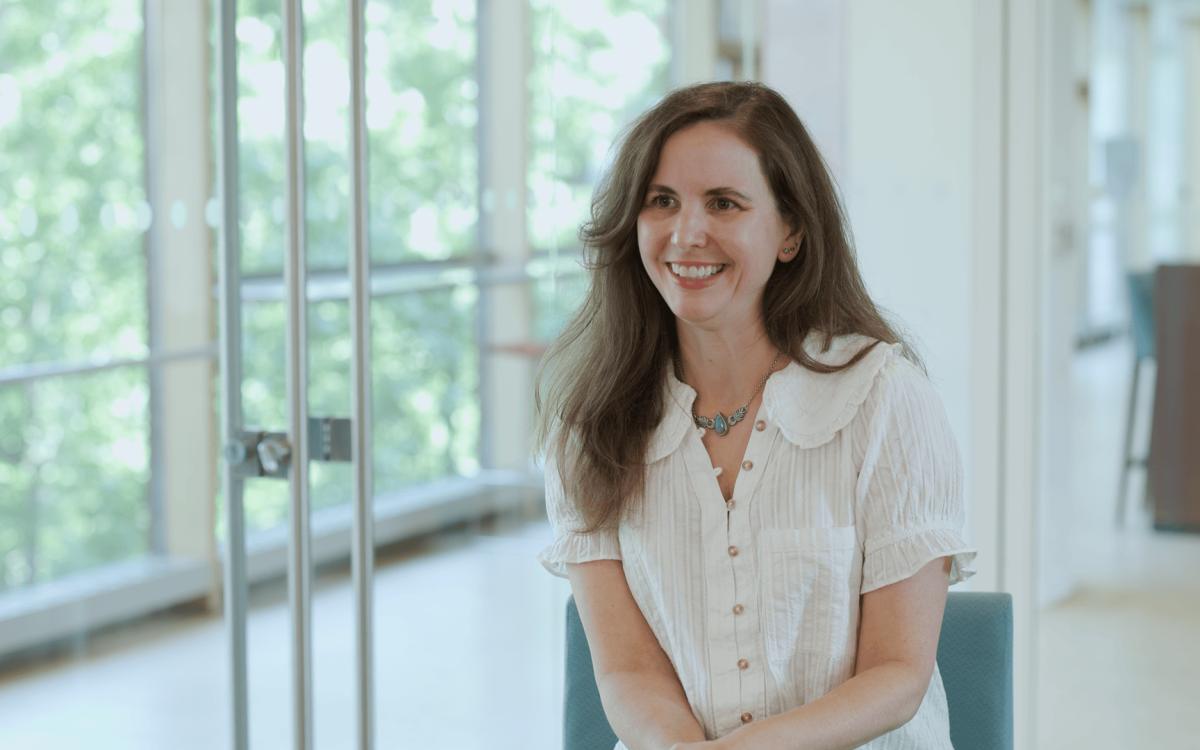
‘It feels very personal’
Jessica Whited overcame many obstacles to become a scientist, and her work was rooted in family’s blue-collar history. Then came funding cuts.
-
The making of the gut
Studies connect genetics, physics in embryonic development

-
How whales and dolphins adapted for life on the water
Backbones of ocean-dwelling mammals evolved differently than those of species living closer to shore, study finds
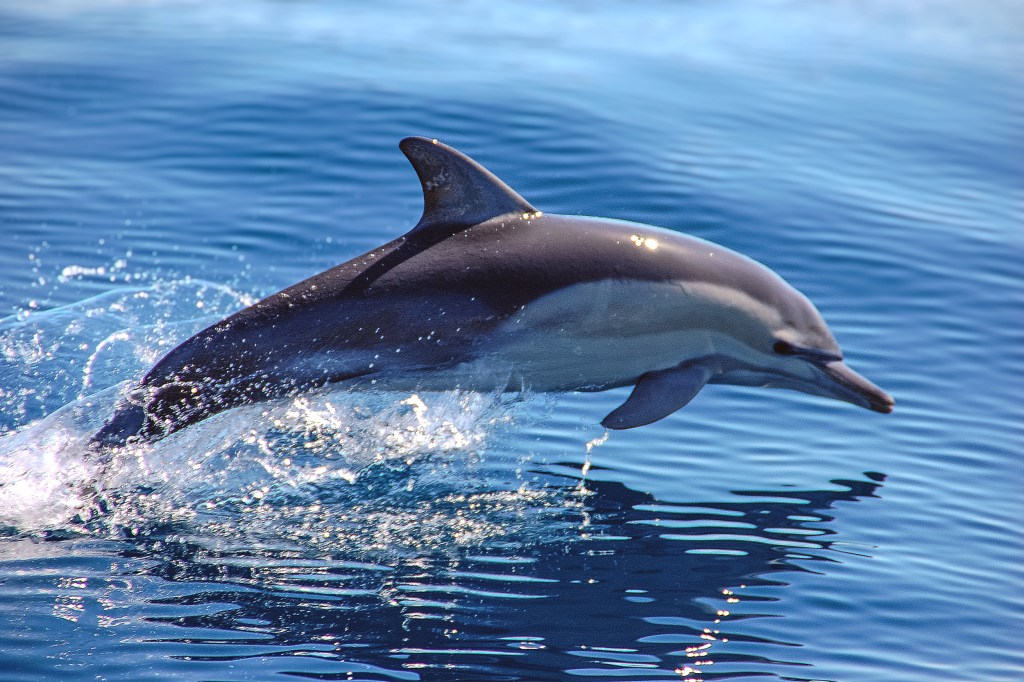
-
Journey to a key front in climate-change fight
Amazon immersion fosters partnerships, offers students, researchers hard look at threats to economic security, environment of rainforest as Earth warms
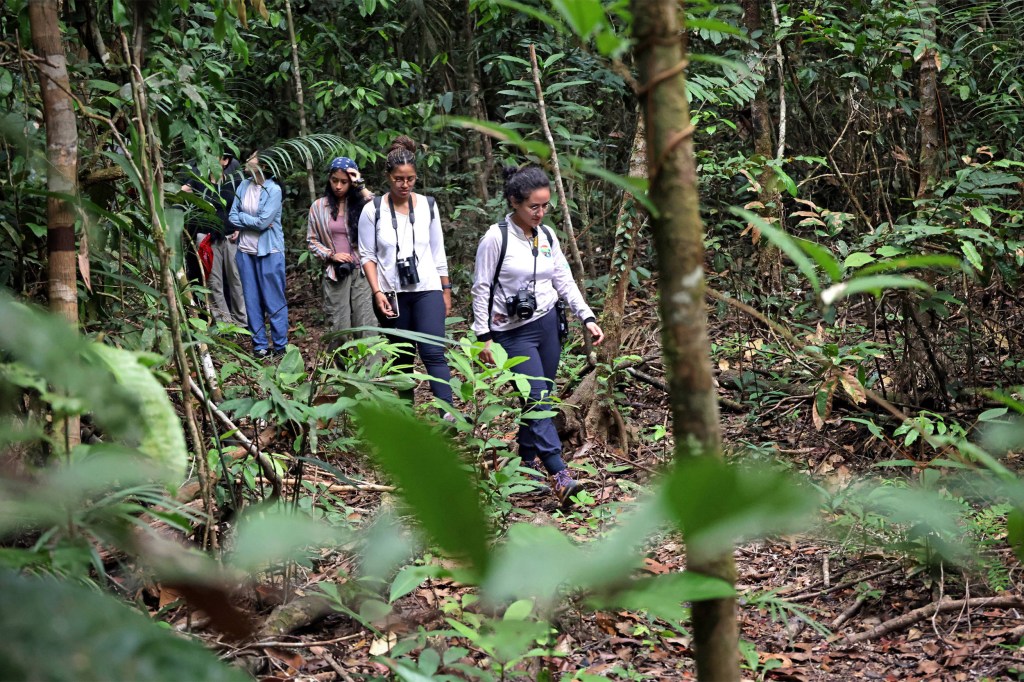
-
A birder’s biggest enemy in rainforest: complacency
Senior integrative biology concentrator spots 121 species during research, teaching intensive in Amazon
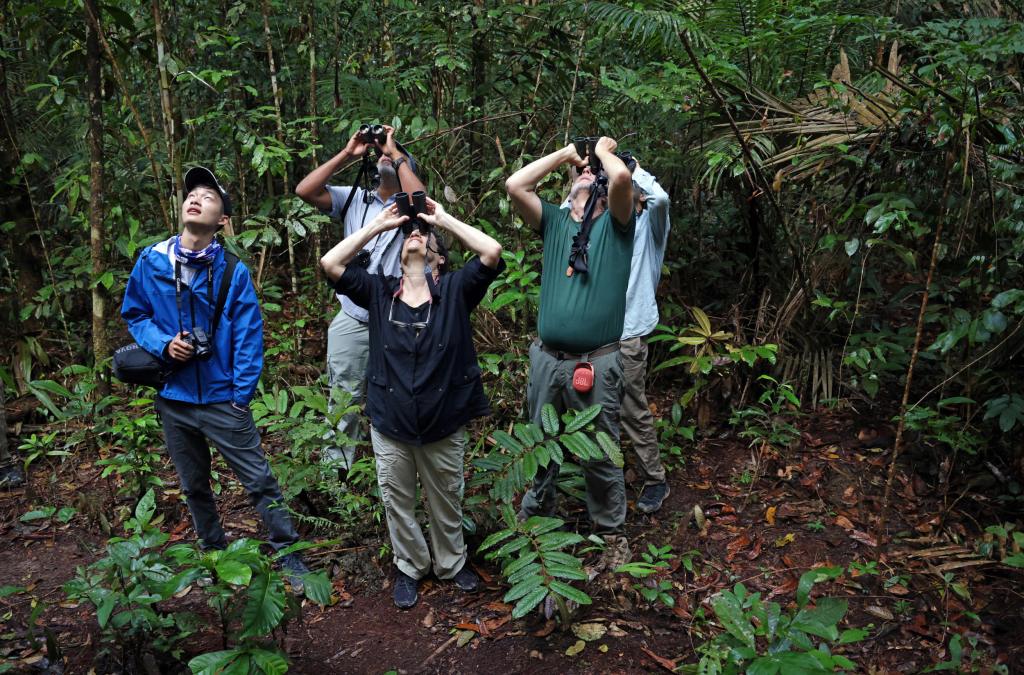
-
Redefining the good life
Climate activist urges people to counter a culture run on fear and fossil fuel
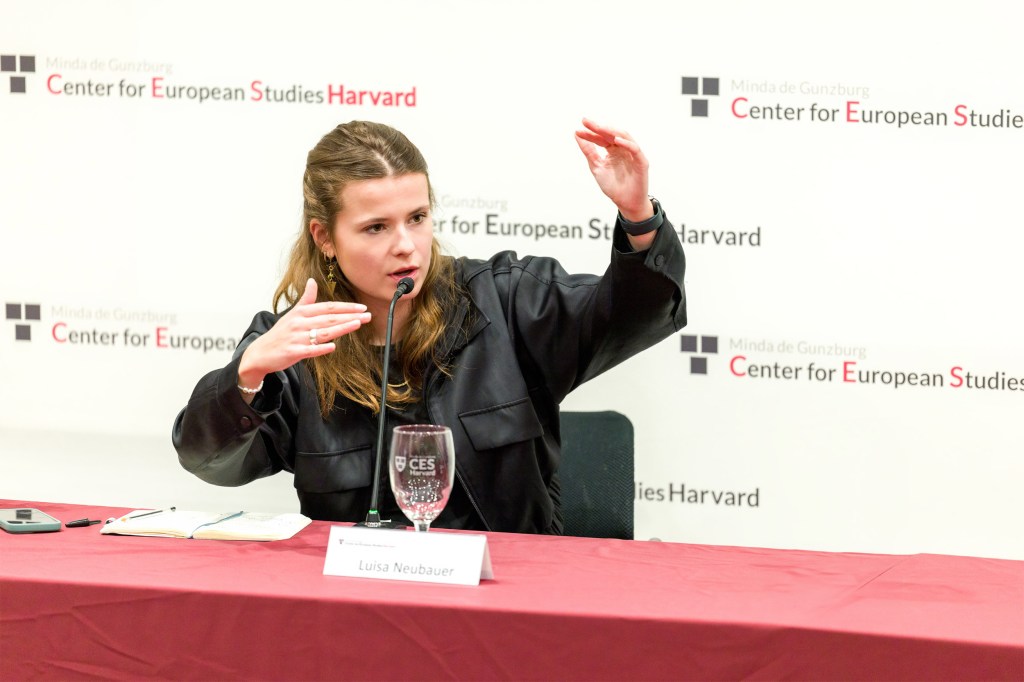
-
Blue, green, gold: Why eyes of wild cats vary in color
Study traces iris diversity to gray-eyed ancestor
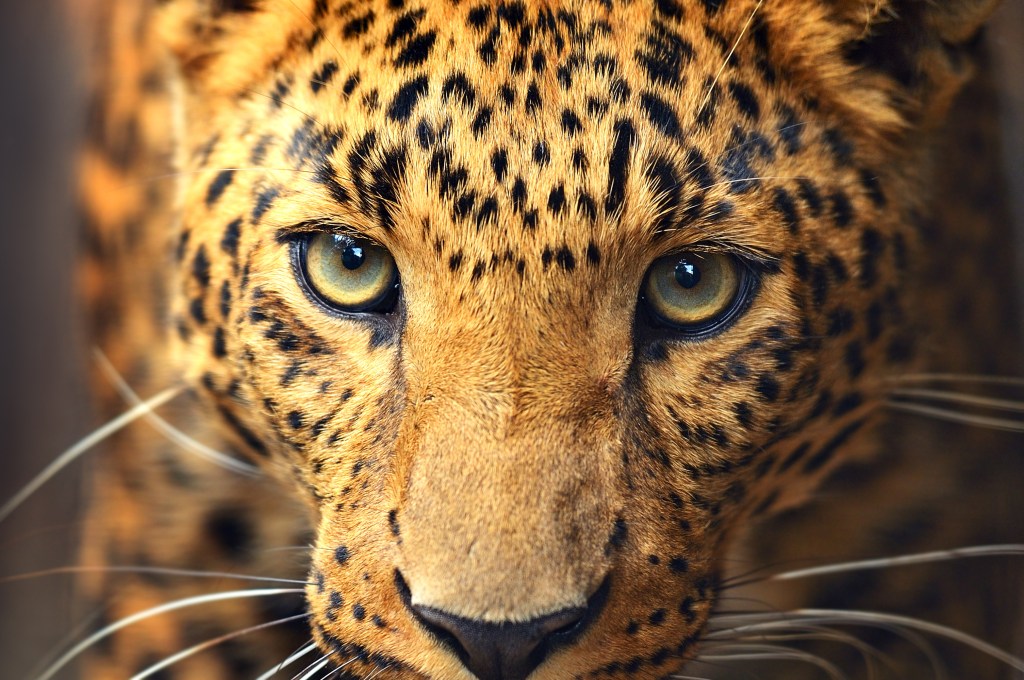
-
An idea with legs
Research suggests the scuttling sea robin may serve as evolutionary model for trait development, including in humans
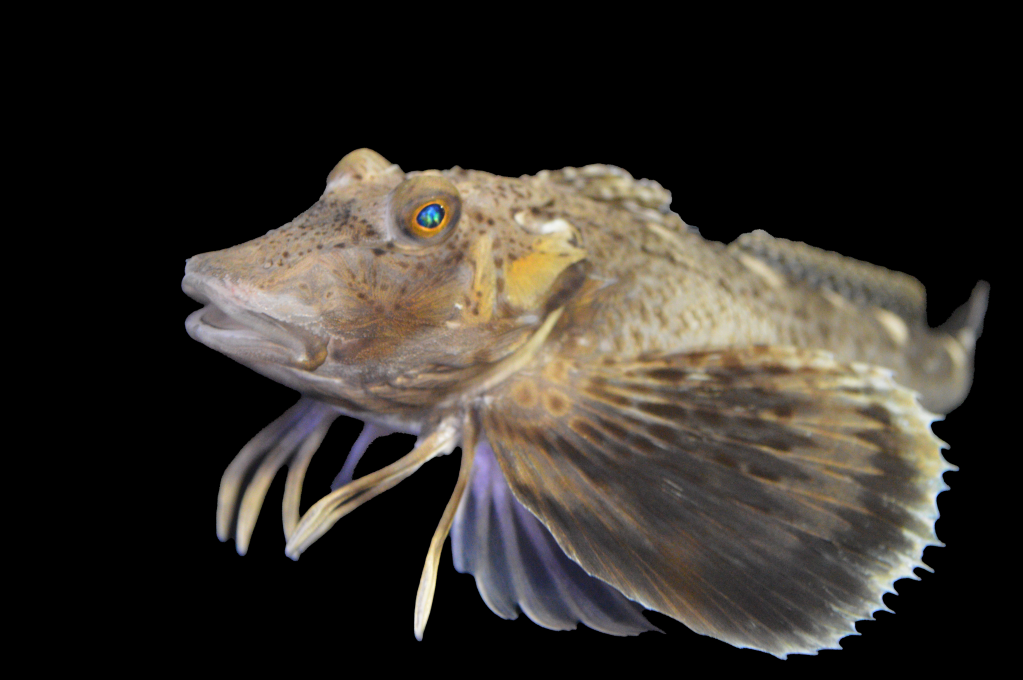
-
How well do you know your dog?
Take our quiz based on new Netflix documentary featuring Harvard researcher
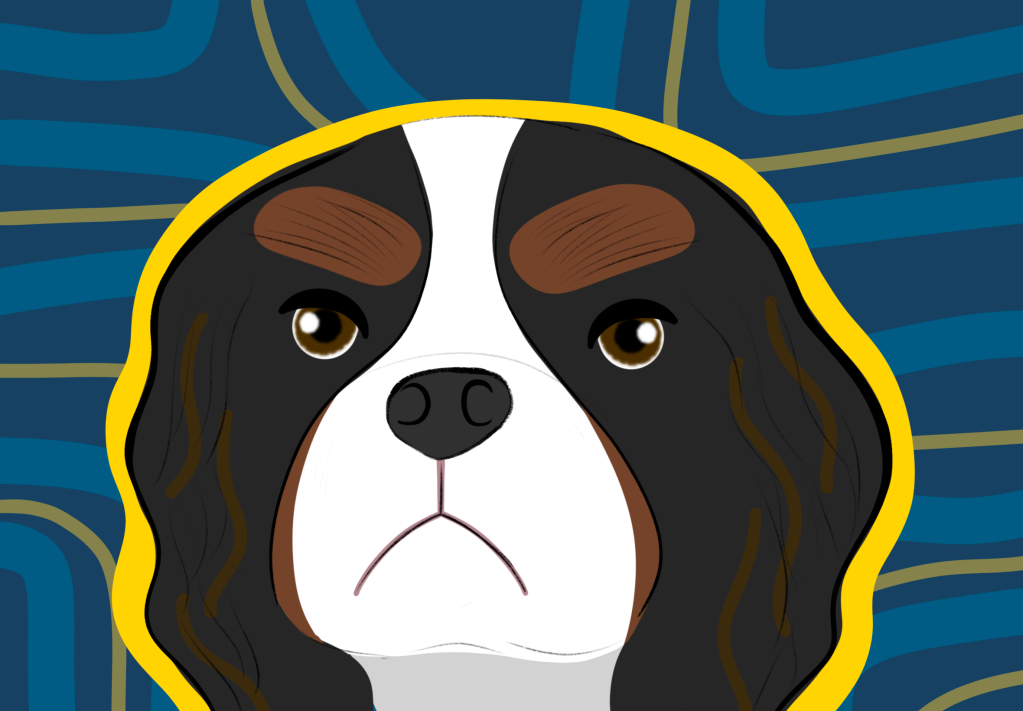
-
So why does Mr. Whiskers meow?
It may not be for the reasons you think, says evolutionary biologist, whose new book explores how our feline friends came to be
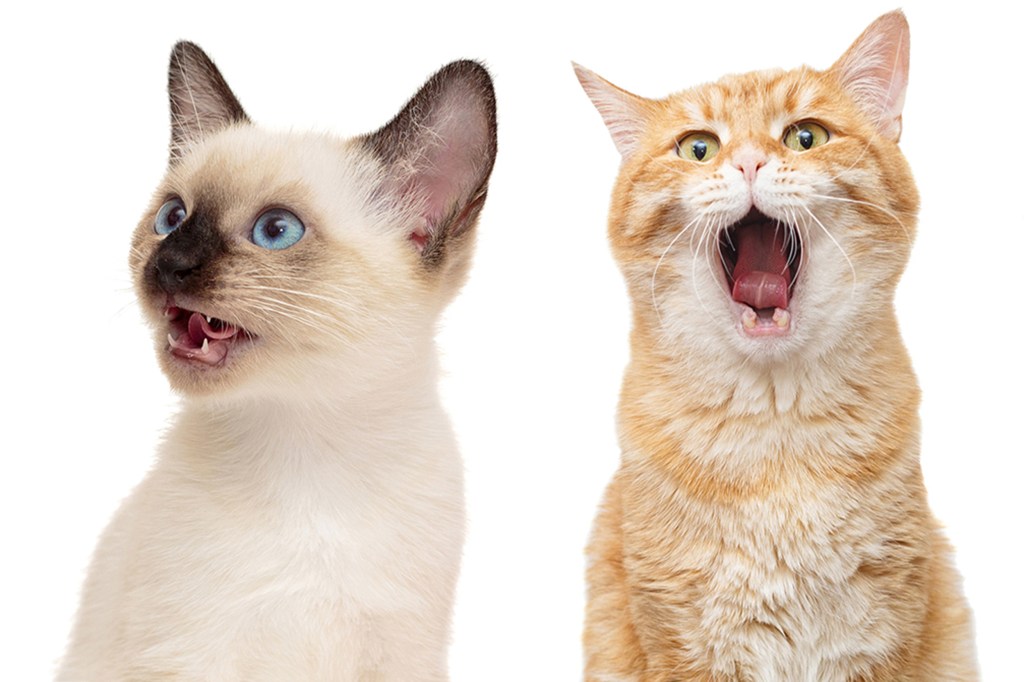
-
Analysis finds flaw in U.S. plan to cut vehicle emissions — and possible solution
College researchers say battery issue will hamper needed rise in EV production, but hybrids can help fill gap

-
A smoother way to study ‘twistronics’
Difficulty controlling 2D materials has slowed discovery in hot field of physics

-
Professor tailored AI tutor to physics course. Engagement doubled.
Preliminary findings inspire other large Harvard classes to test approach this fall
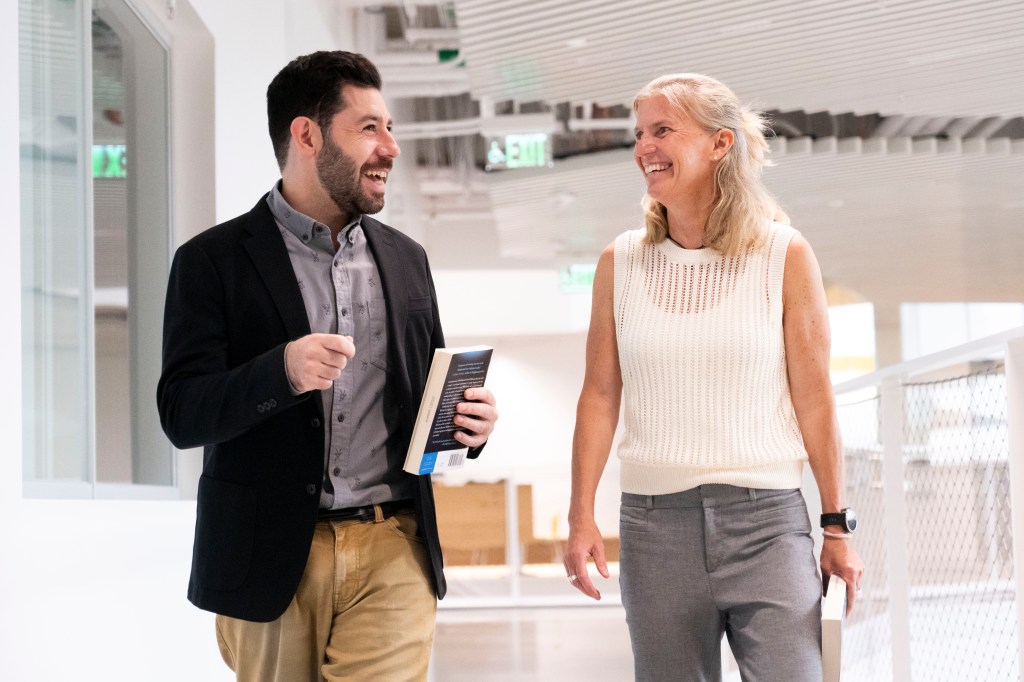
-
Did lawmakers know role of fossil fuels in climate change during Clean Air Act era?
New study suggests they did, offering insight into key issue in landmark 2022 Supreme Court ruling on EPA

-
Spin squeezing for all
Physicists ease path to entanglement for quantum sensing
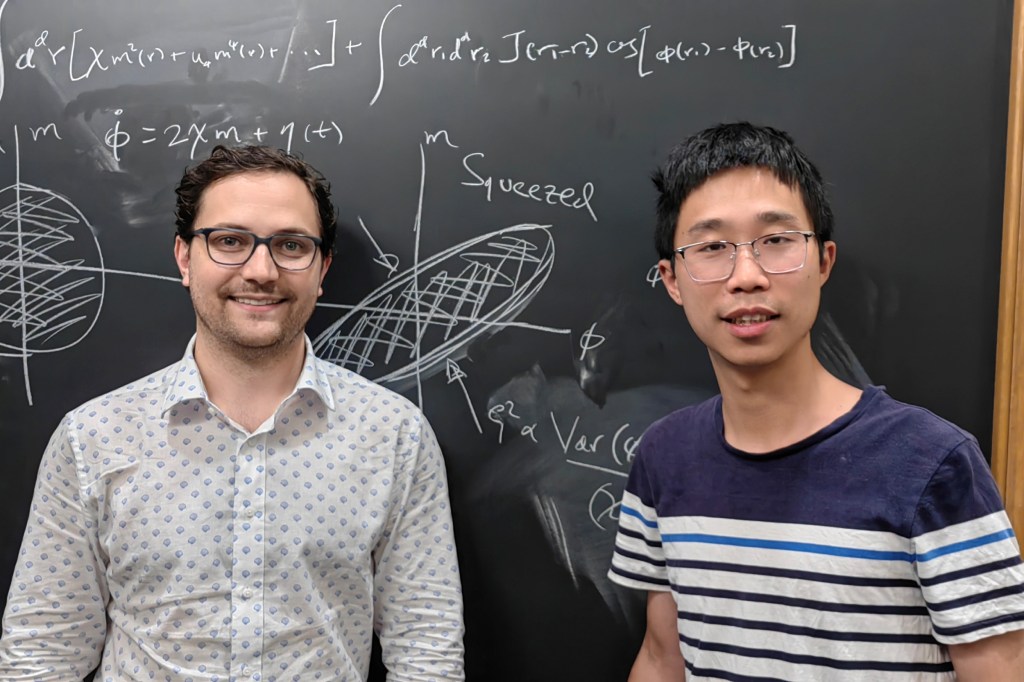
-
Should kids play Wordle?
Early childhood development expert has news for parents who think the popular online game will turn their children into super readers

-
How moms may be affecting STEM gender gap
Research suggests encouragement toward humanities appears to be very influential for daughters
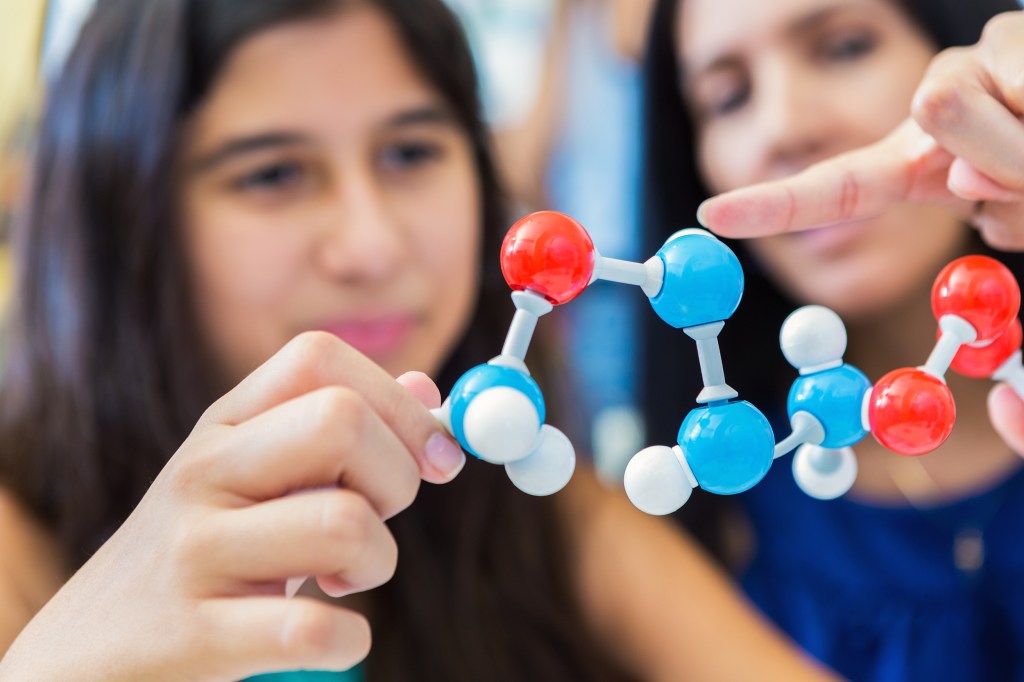
-
How did life begin on Earth? A lightning strike of an idea.
Researchers mimic early conditions on barren planet to test hypothesis of ancient electrochemistry

-
The answer to your search may depend on where you live
Researchers find ‘language bias’ in various site algorithms, raising concerns about fallout for social divisions among nations

-
Putting human past on the MAPS
Harvard digital atlas plots patterns from history ancient and modern
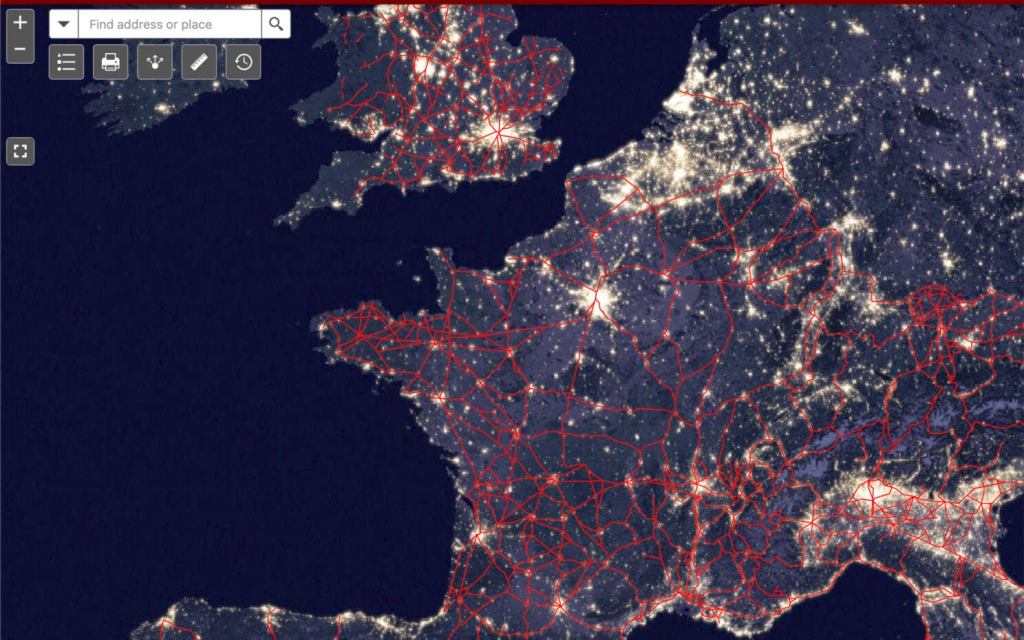
-
Does AI help humans make better decisions?
One judge’s track record — with and without algorithm — surprises researchers
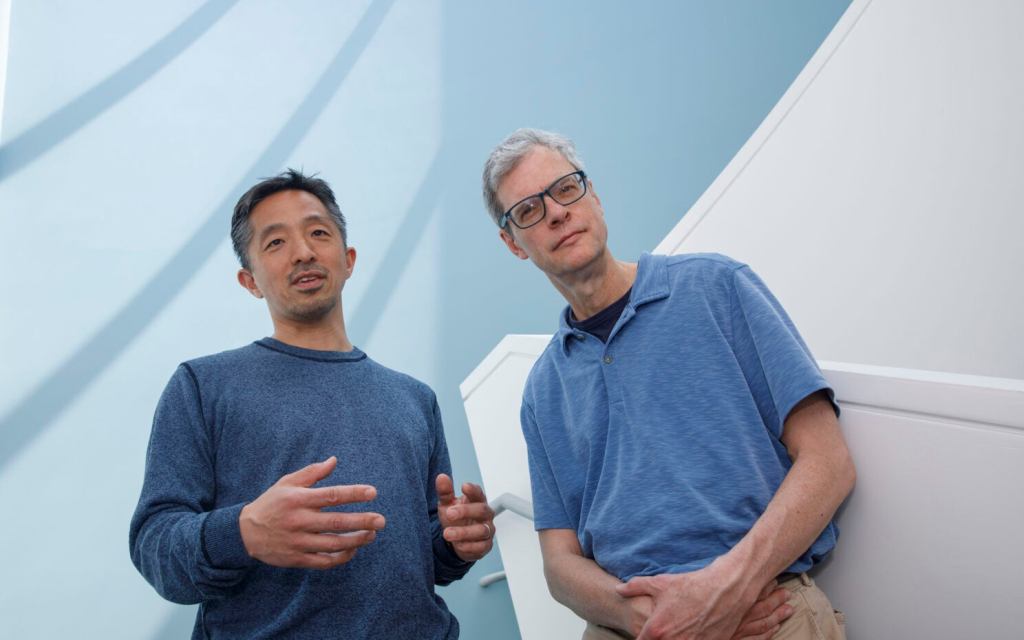
-
Tracking entwined histories of malaria, humans
New study of ancient genomes tracks disease over 5,500 years, factors in spread, including trade, warfare, colonialism, and slavery
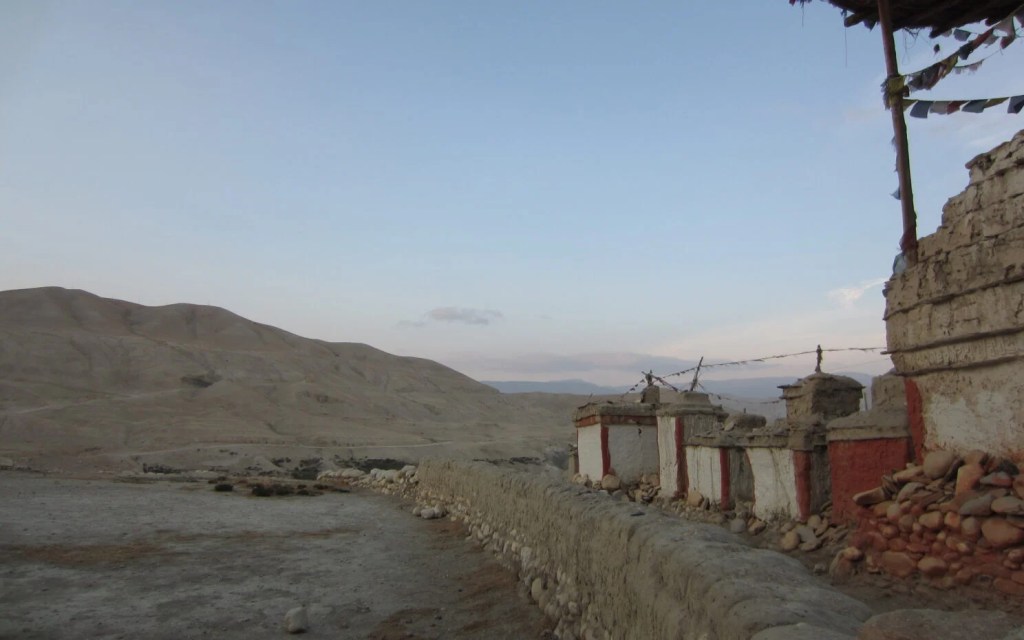
-
Want to make robots more agile? Take a lesson from a rat.
Scientists create realistic virtual rodent with digital neural network to study how brain controls complex, coordinated movement
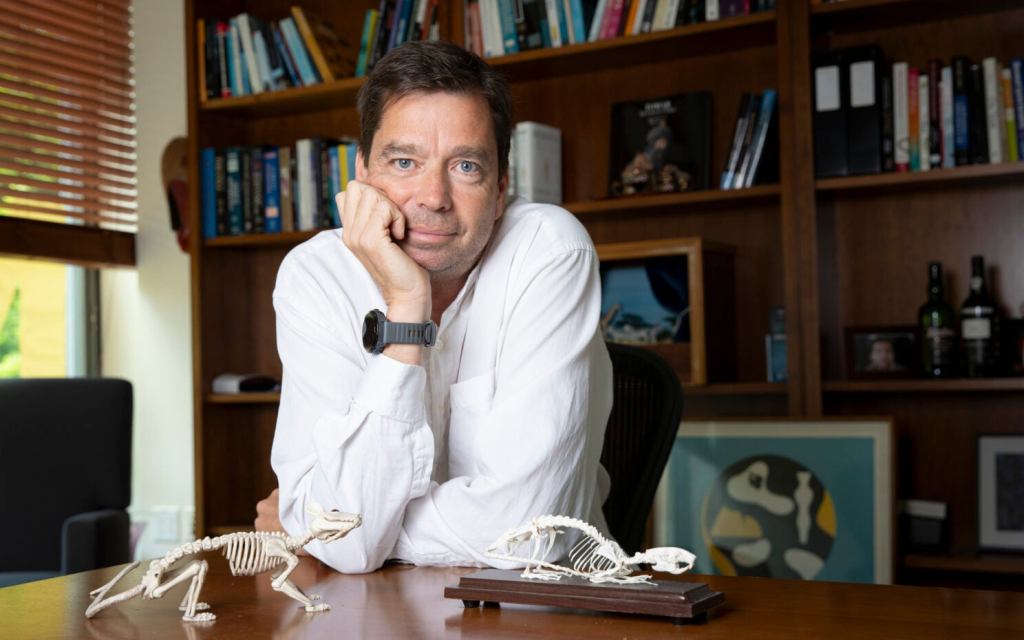
-
More than a planetary fender-bender
New study finds Earth collided with dense interstellar cloud, possibly affecting life on planet
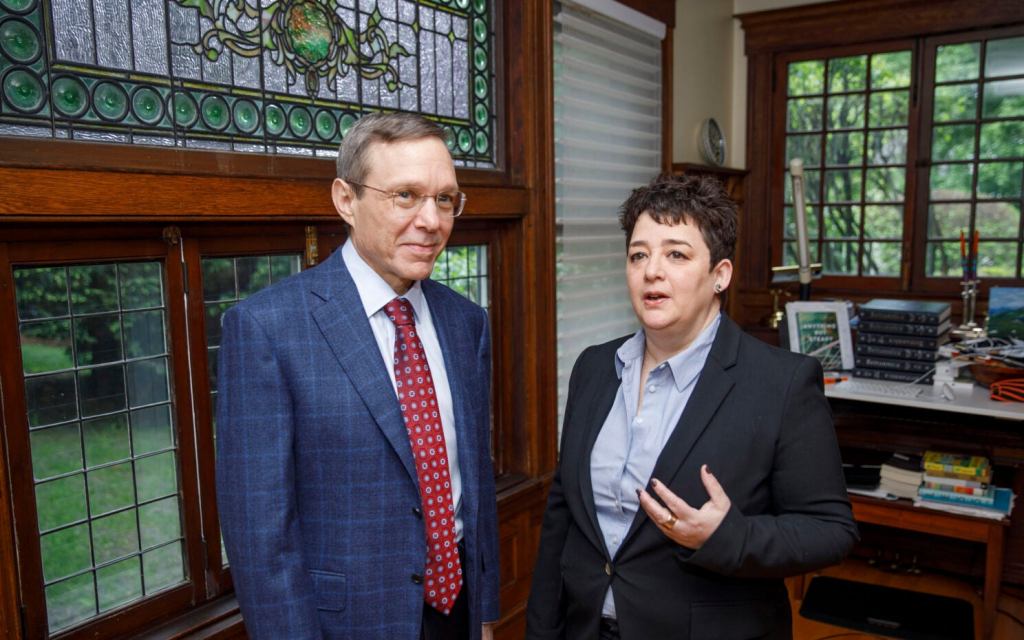
-
Bringing back a long extinct bird
Scientists sequence complete genome of bush moa, offering insights into its natural history, possible clues to evolution of flightless birds

-
‘The scientist is not in the business of following instructions.’
George Whitesides became a giant of chemistry by keeping it simple
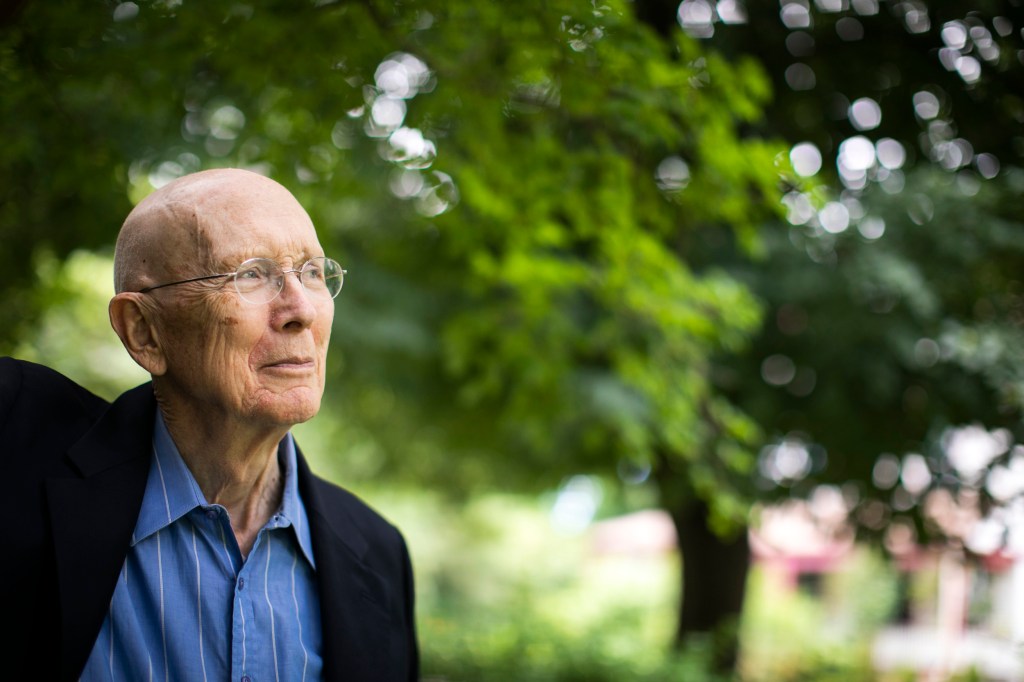
-
Glimpse of next-generation internet
Physicists demo first metro-area quantum computer network in Boston
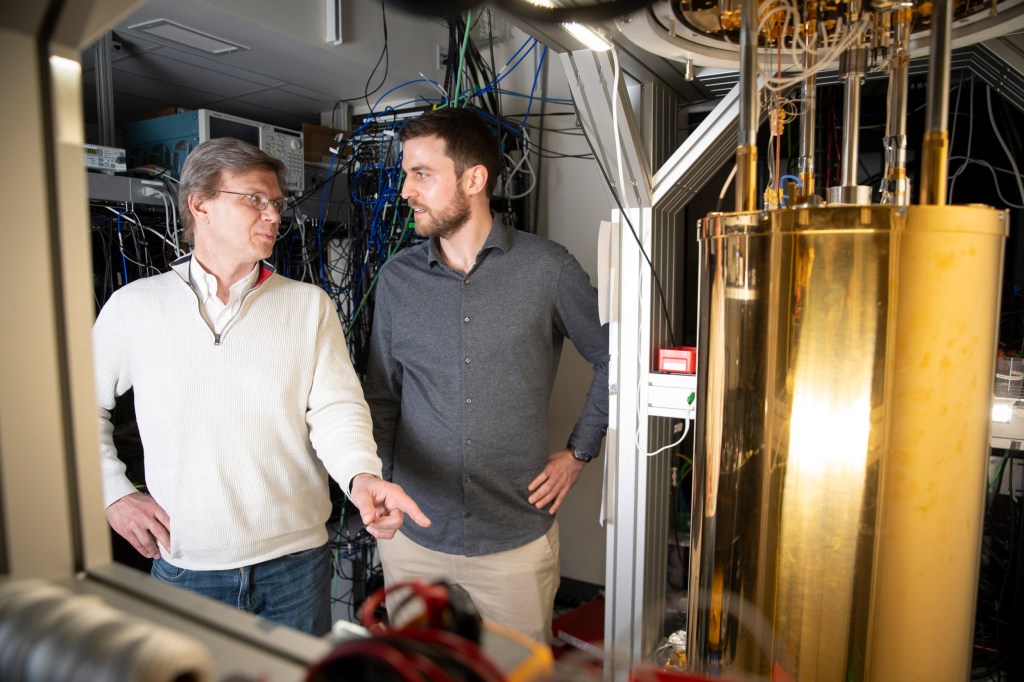
-
Science is making anti-aging progress. But do we want to live forever?
Nobel laureate details new book, which surveys research, touches on larger philosophical questions
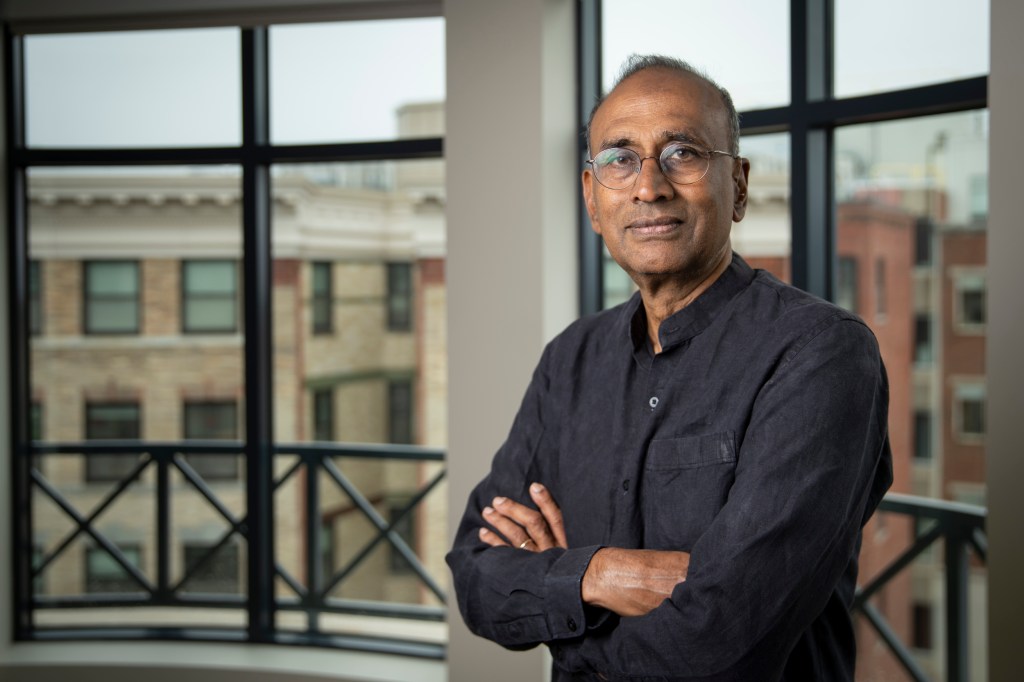
-
Epic science inside a cubic millimeter of brain
Researchers publish largest-ever dataset of neural connections
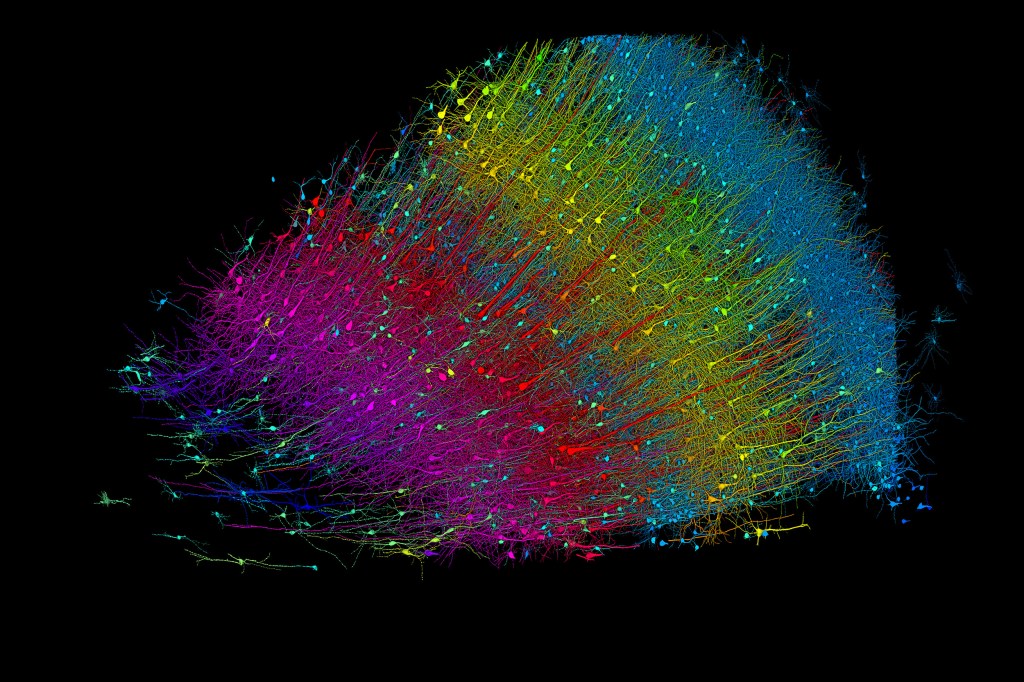
-
What is ‘original scholarship’ in the age of AI?
Symposium considers how technology is changing academia
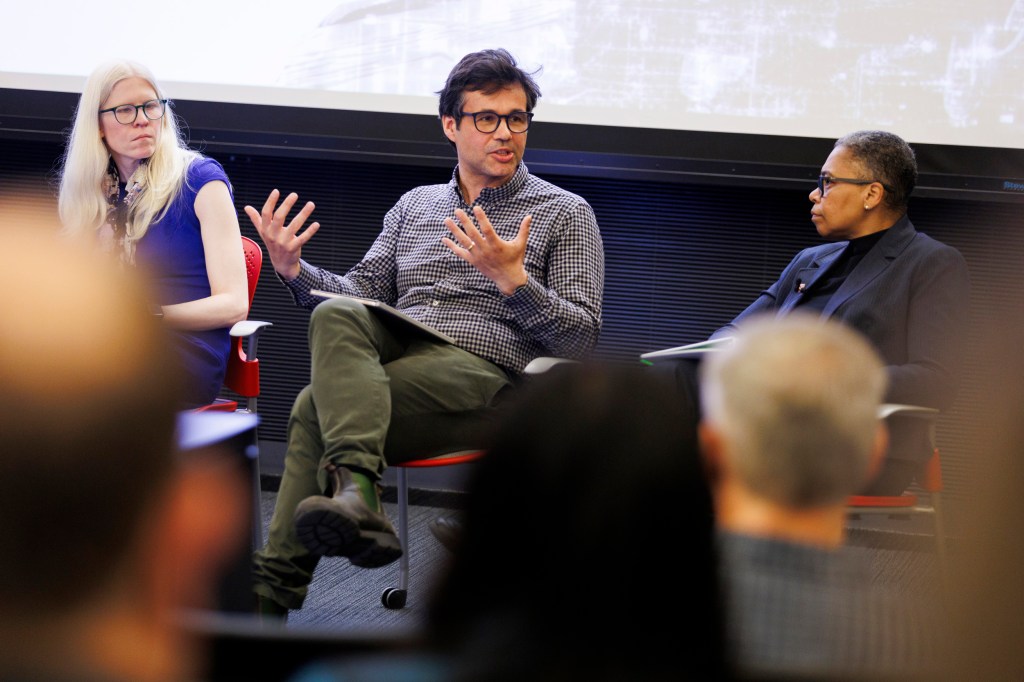
-
Complex questions, innovative approaches
Seven projects awarded Star-Friedman Challenge grants
